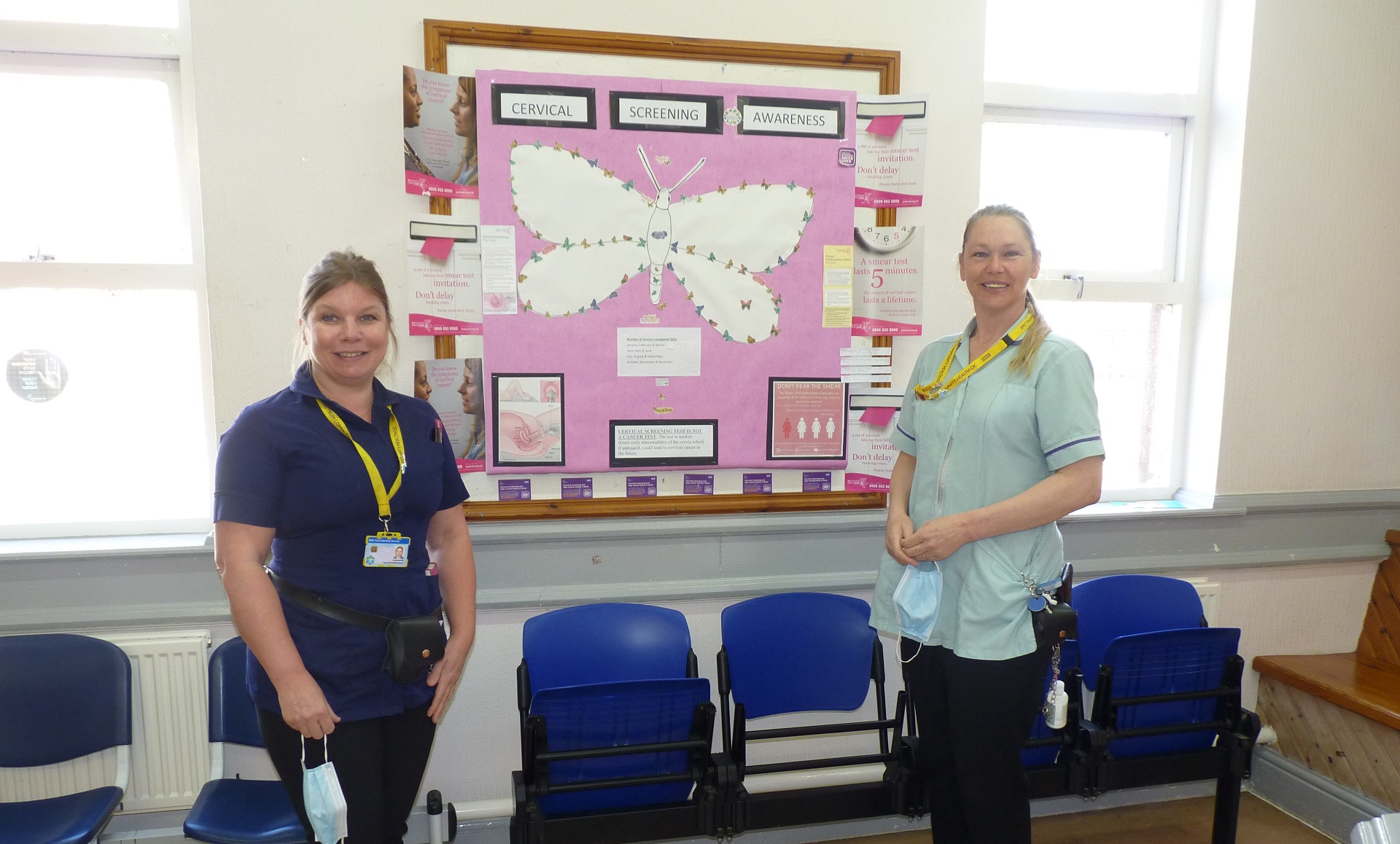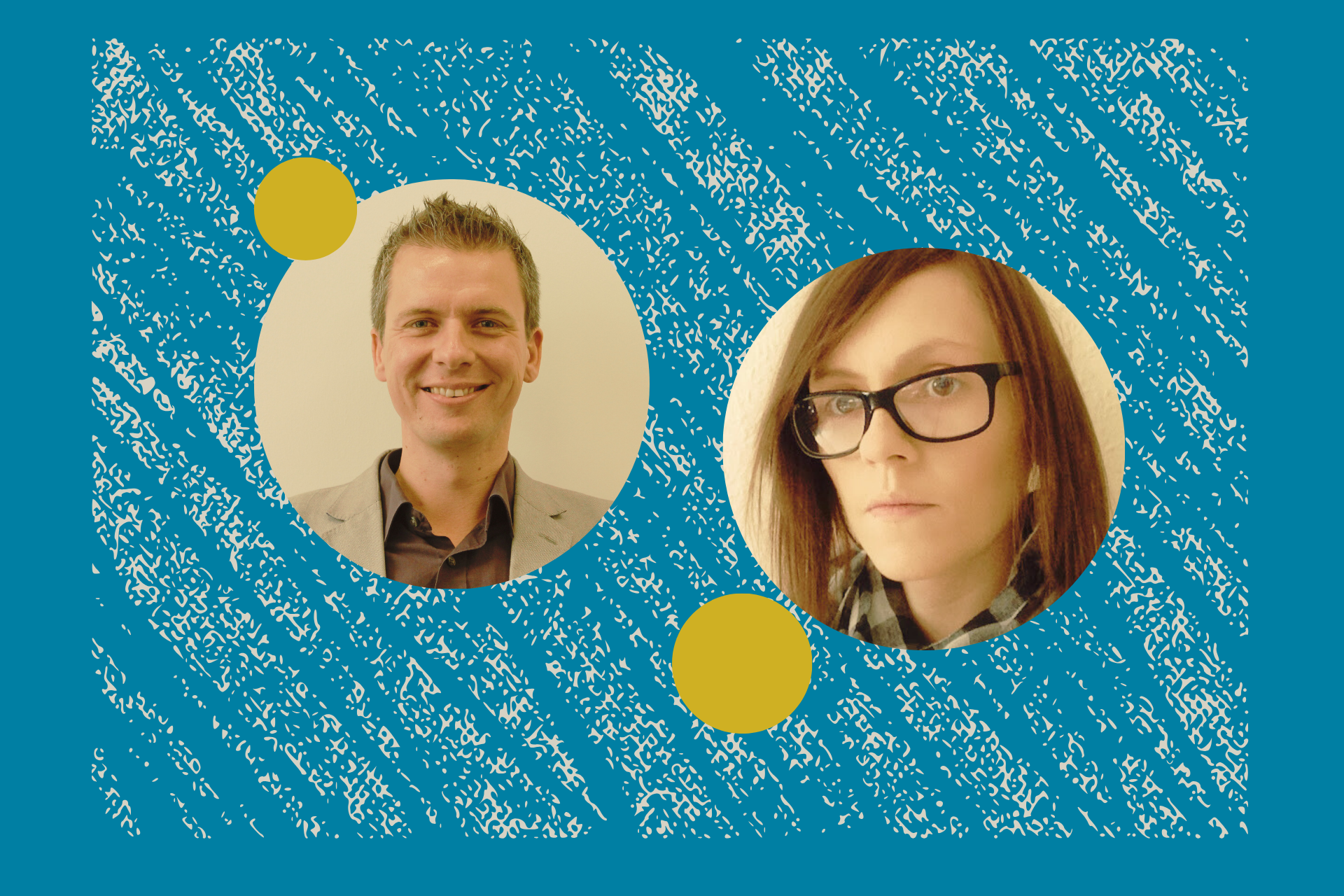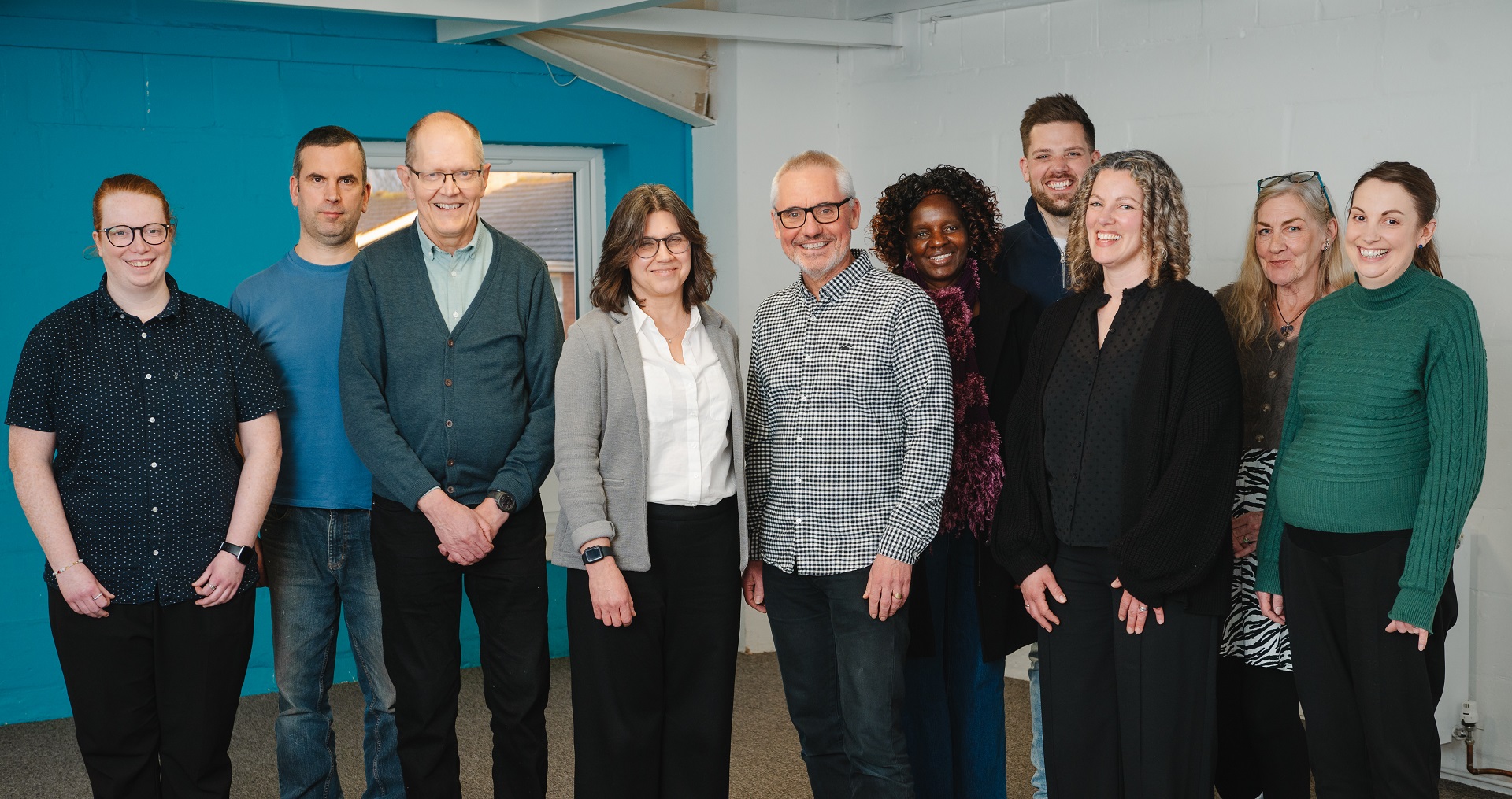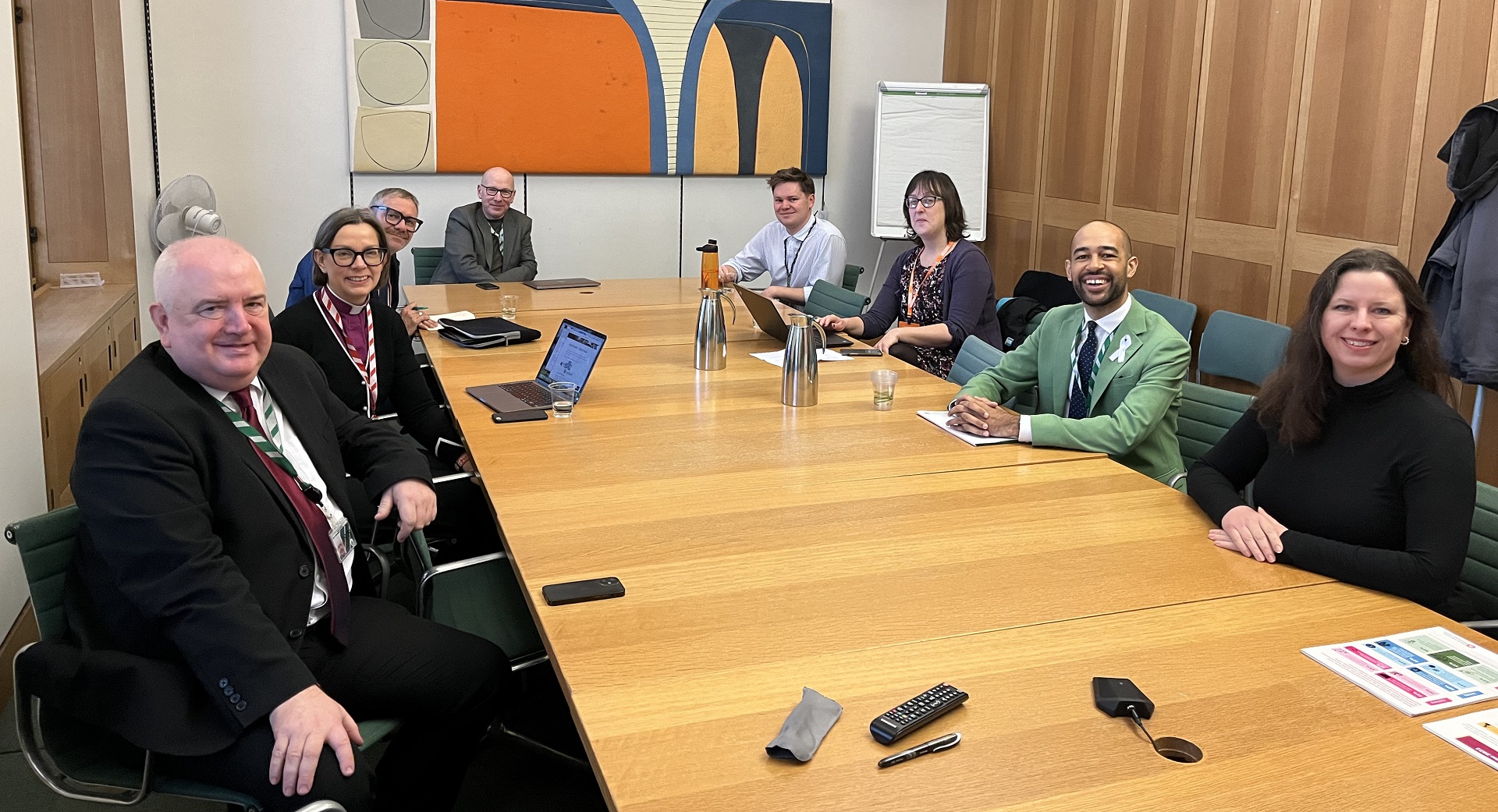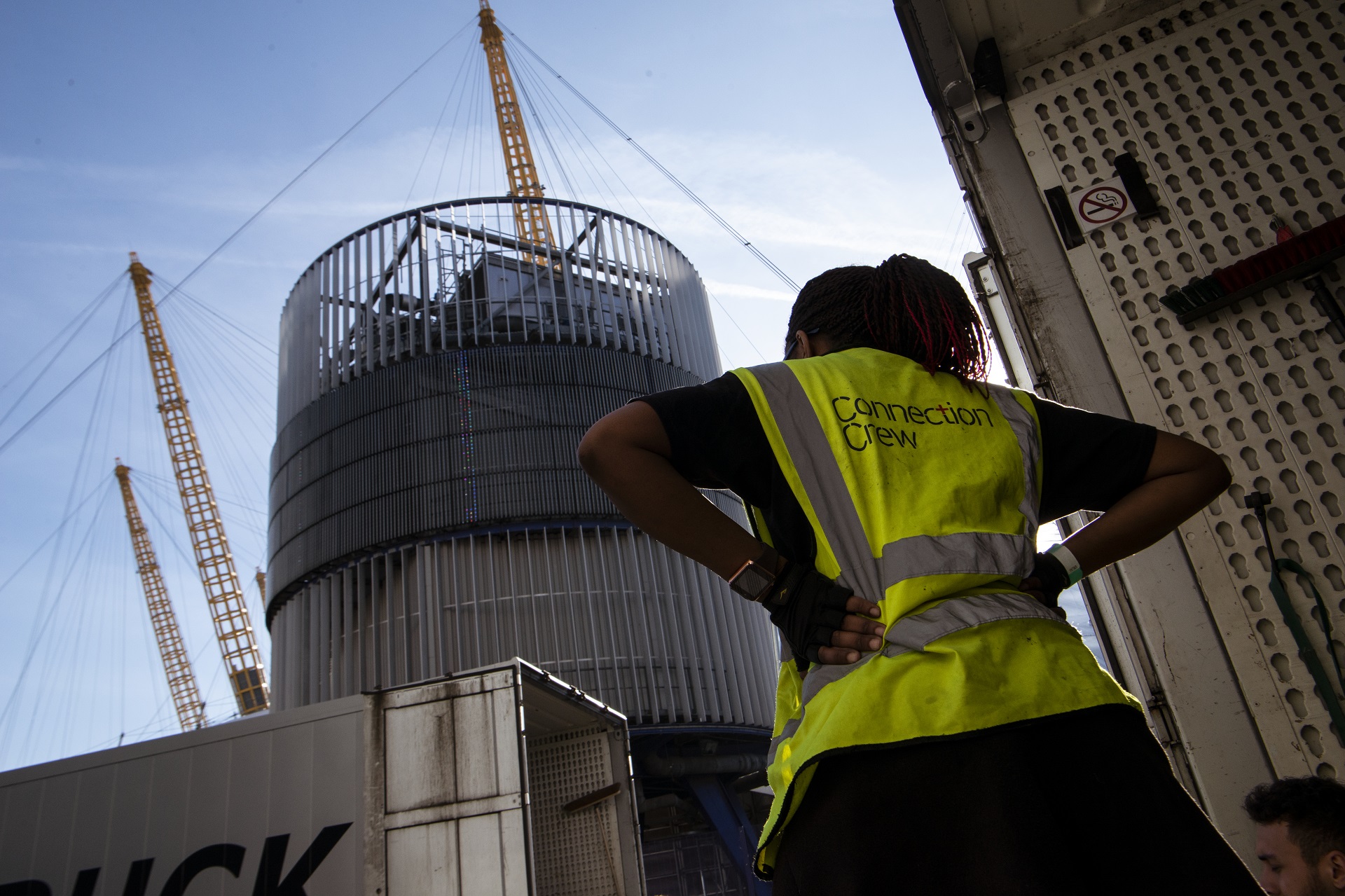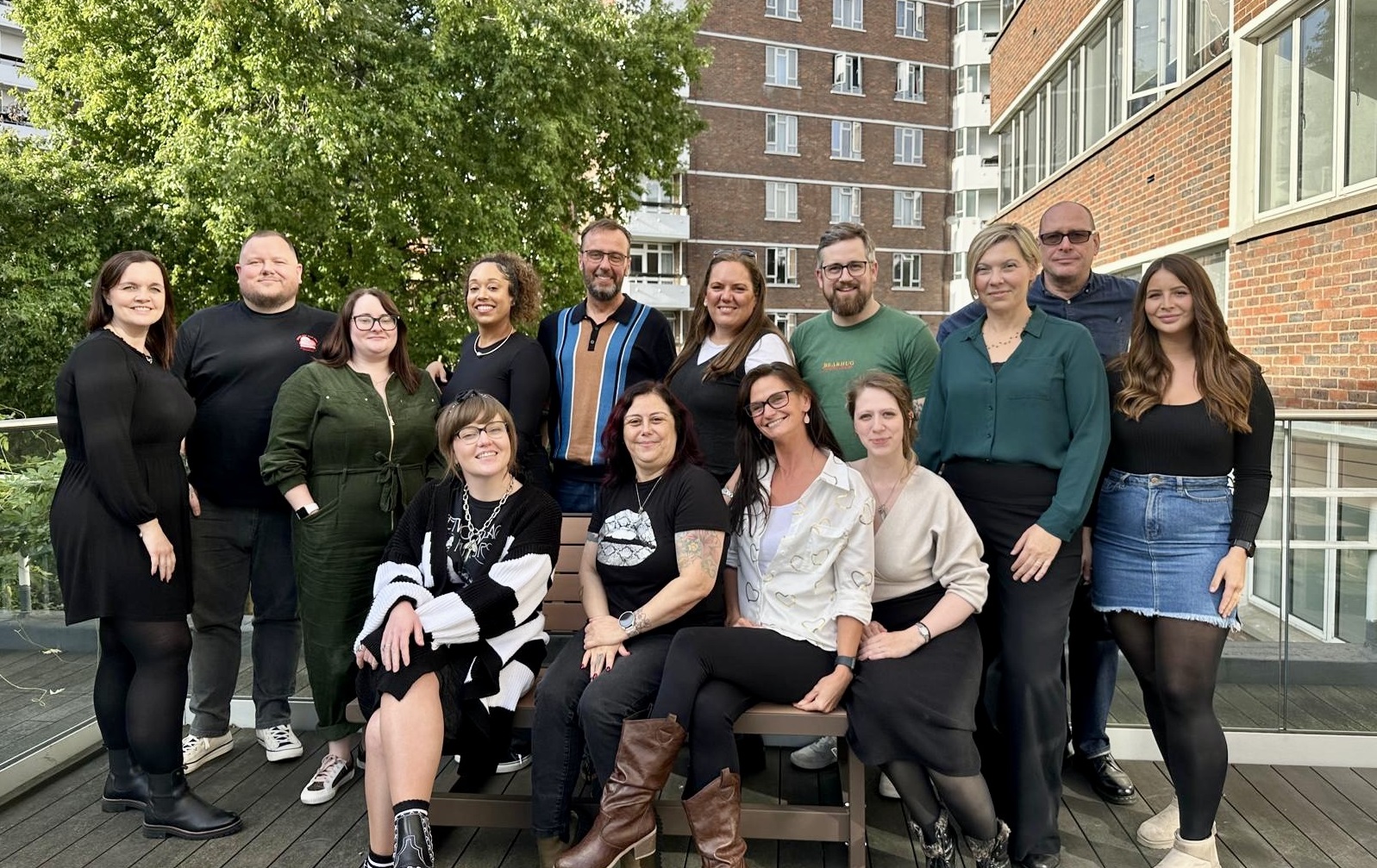
News and views
Social Enterprise UK’s response to the Spring Statement
The Chancellor is in an almost impossible position, faced with high government debt, low growth, unprecedented pressures on public services at home, and conflict and trade wars abroad. In response, Rachel Reeves’s spring statement announced cuts to the welfare budget, increases in defence, and reductions to overseas aid. For many, this will all feel pretty depressing. Yet real hope lies in every community across the country. As Neal Lawson of Compass puts it, “one critical area to boost is the alternative economy, of co-ops, social enterprises, employee-owned workplaces… Not only can these organisations help kick start economic renewal, but they can do so in a way that is fairer and more democratic.” We welcome the Government recently committing £10m to community energy, and £20m to co-operative housing. But these relatively small drops won’t double the size of the co-operative and mutual sector, as Labour’s manifesto promises. You can’t grow diverse businesses by investing less with one hand than you are taking away with the other. National Insurance rises for public service providers - without either shareholders or customers to absorb the costs - are undermining viable, mission-led alternatives to the outrageous profiteering and negligence we see in the water industry, in children's care and beyond. Social enterprises, co-operatives and community business are delivering real prosperity that people can feel on their high streets, in their neighbourhoods, and in their pockets. This is where hope lies.
1 min

